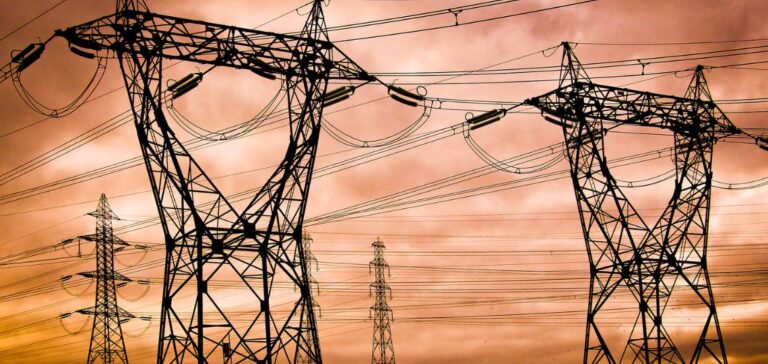The capital of Tigray, Mekele, has been reconnected to the national power grid, after more than a year of being cut off due to the war in this northern region ofEthiopia, the national electricity company announced.
The statement comes just over a month after the federal government of Ethiopia and tiger rebels signed a peace agreement on November 2 to end two years of devastating conflict.
“The electricity control center in the town of Mekele, which had been disconnected from the national grid for more than a year due to the war in northern Ethiopia, has been reconnected,” the national utility Electricity of Ethiopia said in a statement. The line has been connected to the national grid after the repair work was completed,” it said.
Access and communications in parts of northern Ethiopia, including Tigray, are restricted or prohibited, making it impossible to independently verify the situation on the ground. Tiger officials could not immediately be reached for comment on the announcement.
Tigray, Ethiopia’s northernmost region and home to six million people, has been virtually cut off from the world since the start of a conflict between the federal government led by Prime Minister Abiy Ahmed and the regional authorities of the Tigray People’s Liberation Front (TPLF).
It has been deprived of many basic services (electricity, telecommunications, banks, fuel…) for over a year.
Rebel withdrawal
The fighting began in November 2020, when Abiy Ahmed sent the federal army to arrest leaders in the region who had been challenging his authority for months and whom he accused of attacking federal military bases.
The government and rebels signed an agreement in Pretoria on November 2 that included a cessation of hostilities, the withdrawal and disarmament of Tigrayan forces, the re-establishment of federal authority in Tigray, and the reopening of access to the region, which is in a dire humanitarian situation.
In a question-and-answer session with members of parliament on November 15, Prime Minister Abiy Ahmed said the authorities had begun to restore telecommunications and electricity in some conflict-affected areas.
The provisions of the agreement – which does not explicitly include the restoration of electricity and telecommunications – are gradually being implemented. The fighting has stopped. The rebels claimed on Saturday to have “disengaged” 65% of their fighters from the front lines and “started collecting (their) heavy weapons and gathering them in one place”.
“In terms of implementation of the agreement, we have taken a step forward,” said Tadesse Worede, commander of the Tigrayan forces, on Saturday.
However, the rebels resent the continued presence of the Eritrean army and security forces and militias from the Ethiopian region of Amhara, which have supported the federal army in the conflict.
In recent weeks, tigerian authorities have regularly denounced abuses committed against civilians in Tigray, particularly by troops from Eritrea, whose authorities did not participate in the Pretoria negotiations, as well as by amhara forces.
Access still impeded:
The outcome of this conflict, which was punctuated by abuses and took place largely behind closed doors, is unknown. The International Crisis Group think tank and the NGO Amnesty International describe it as “one of the deadliest in the world”.
The war has also displaced more than two million Ethiopians and plunged hundreds of thousands of people into near-starvation conditions, according to the UN. On the humanitarian front, operations have increased in northern Ethiopia since the Pretoria agreement, but the aid delivered remains far below what is needed.
Access to some areas of eastern and central Tigray remains restricted, the UN Food Programme said on November 25.
According to the World Food Programme (WFP), the two years of conflict have left more than 13.6 million people dependent on humanitarian assistance in northern Ethiopia (5.4 million in Tigray, 7 million in Amhara and 1.2 million in Afar).





















